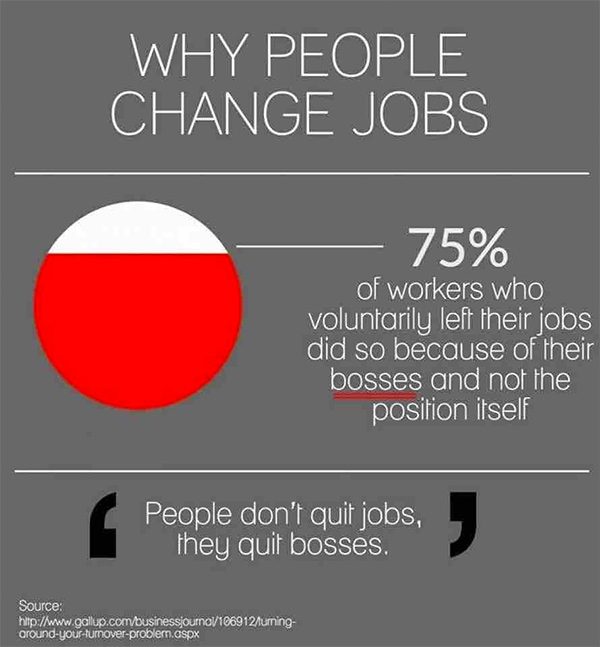
Here’s his full statement on his departure:
I joined Uber because of its Mission, and the challenge to build global capabilities that would help the company mature and thrive long-term.
It is now clear, however, that the beliefs and approach to leadership that have guided my career are inconsistent with what I saw and experienced at Uber, and I can no longer continue as president of the ride sharing business.
There are thousands of amazing people at the company, and I truly wish everyone well.
Jones had been with Uber a mere six months. His prior job was at Target, where Recode reports he was “its well-regarded CMO”, and in addition to being the president of its main ride-sharing business, his was the responsibility “to remake the company’s tainted image”. In order to get lured away from such a position at Target, Jones was probably offered a salary of considerable size and stock options of even greater potential value. Walking away from them — especially well before those options would’ve vested — wouldn’t have been a decision that he would take lightly. There’s also the fact that you can tolerate a lot when you’re one of the top dogs at a place that’s been valued as high as $70 billion.
Many of the stories that you’ll read about Jones’ departure will cite Uber’s problems as his reason for leaving, such as its “aggressive, unrestrained workplace culture” of “brilliant jerks”, bad driver relations, and its infamous discrimination issues as cited in engineer Susan Fowler’s blog entry about why she quit, as well as the firings of their SVP of engineering for not disclosing that he had to leave Google due to a sexual harassment allegation and their VP of product for sleazing at a company party. Accepting those reasons at face value requires assuming that he did no due diligence before taking the position, and read none of the stories about the problems at Uber that were circulating last year, and that he wasn’t explicitly hired to help improve Uber’s reputation.
If you’ve been on the internet over the past five or so years, you’ve likely heard the maxim that people don’t quit their jobs; they quit their bosses. This generally traces back to a 2008 article written by Jennifer Robison in Gallup’s Business Journal titled Turning Around Employee Turnover, whose conclusions are based on “Gallup research, which included a meta-analysis of 44 organizations and 10,609 business units, Gallup Polls of the U.S. working population, exit interviews conducted on behalf of several companies, and Gallup’s selection research database”.
“Most people quit for a few explainable reasons,” Robison wrote, and “at least 75% of the reasons for voluntary turnover can be influenced by managers.”
She also observes that after a certain point, no amount of money will make up for a bad manager. I understand this completely — I once took a 25% pay cut by changing jobs to get away from a management team that was slowly turning the workplace into something like Italy around the time of the Borgias.
As the number two person at Uber, Jones would’ve had only one boss with no one above him: Travis Kalanick, an almost cartoonishly-stereotypical Silicon Valley Ayn Rand fan. Given Recode’s reports that Jones is conflict-averse, that Kalanick is scrappy, tenacious, and amoral, and that the organization takes its cultural cues from Kalanick, it’s hard not to see Jones’ departure through the “people don’t quit their jobs, they quit their bosses” lens.
And once again, because it’s worth viewing if you haven’t seen this video yet:
Are you looking for your next great hire?

I’m looking for my next great job! If you’re looking for someone with desktop, web, mobile, and IoT development skills who can also communicate to technical and non-technical audiences, or a marketer or evangelist who also has a technology background and can code, you should talk to me.
If you’d like to learn more, you can:

2 replies on “What if we applied the “People don’t quit their jobs, they quit their BOSSES” maxim to Uber’s president’s resignation?”
[…] Global Nerdy: What if we applied the “People don’t quit their jobs, they quit their BOSSES” maxim to Uber’… […]
[…] What if we applied the “People don’t quit their jobs, they quit their BOSSES” maxim to Uber’… […]